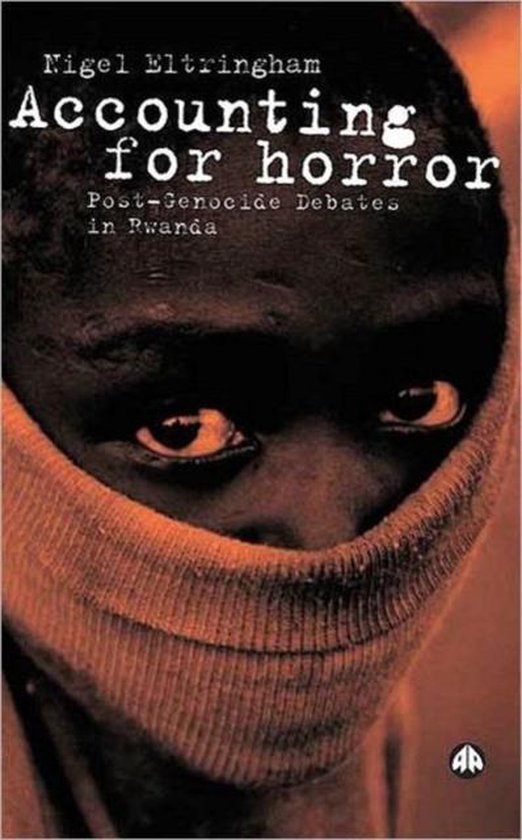De Boeken van Wouter
Accounting for Horror
Accounting for Horror
Verfügbarkeit für Abholungen konnte nicht geladen werden
Verzending is beschikbaar op maandag en vrijdag
Meestal verzonden binnen 1–4 dagen na bestelling
4 boeken kopen = 3 betalen
Gratis verzending vanaf €25
Titel: Accounting for Horror
Schrijver: Nigel Eltringham
Bindingswijze: Paperback
EAN: 9780745320007
Conditie: Goed
Let op: Hieronder staat een algemene beschrijving van hoe wij onze conditietypes classificeren. Als u een nauwkeuriger beeld wilt of specifieke vragen heeft, stuur ons dan een bericht en we kijken het graag voor u na.
Conditie-omschrijvingen:
- Als Nieuw: Nauwelijks gebruikssporen, bijna als nieuw.
- Goed: Kan lichte gebruikssporen vertonen, zoals wat verkleuring of een naam op de schutbladen, maar doorgaans geen onderstrepingen of aantekeningen in de tekst.
- Redelijk: Boek in redelijke staat. Kan gebruikssporen vertonen, zoals verkleuring, leesvouwen in de rug, onderstrepingen, aantekeningen, lichte vervuiling aan de randen, ezelsoren of een kromme rug.
- Nieuw: Boek is nieuw.
Beschrijving:
The 1994 Rwandan genocide was a monumental atrocity in which at least 500,000 Tutsi and tens of thousands of Hutu were murdered in less than four months. Since 1994, members of the Rwandan political class who recognise those events as genocide have struggled to account for it and bring coherence to what is often perceived as irrational, primordial savagery. Most people agree on the factors that contributed to the genocide -- colonialism, ethnicity, the struggle to control the state. However, many still disagree over the way these factors evolved, and the relationship between them. This continuing disagreemnt raises questions about how we come to understand historical events -- understandings that underpin the possibility of sustainable peace. Drawing on extensive research among Rwandese in Rwanda and Europe, and on his work with a conflict resolution NGO in post-genocide Rwanda, Nigel Eltringham argues that conventional modes of historical representation are inadequate in a case like Rwanda. Single, absolutist narratives and representations of genocide actually reinforce the modes of thinking that fuelled the genocide in the first place. Eltringham maintains that if we are to understand the genocide, we must explore the relationship between multiple explanations of what happened and interrogate how -- and why -- different groups within Rwandan society talk about the genocide in different ways.
Share

Let customers speak for us
from 32 reviewsHet boek was in super mooie staat en ook zeer snel en netjes geleverd.

snel geleverd, prima service, goede staat!

Mooi snel en keurig verzonden.

Prima boek en in goede staat ontvangen.

Zeer Geweldig & Bedankt voor de levering 👌

Super blij met mijn boek en in erg mooie staat

Vlotte levering, boek in goede staat, leuke bladwijzer, danku!

Heerlijk boek om te lezen en uit te koken. En wat heel fijn is: beide kanten van de mediterranae.

zag er goed uit, nauwelijks leessporen. Snelle en goed verpakte verzending.

Snelle levering en boeken in goede staat!

Boek nog niet gelezen maar in keurige staat ontvangen





